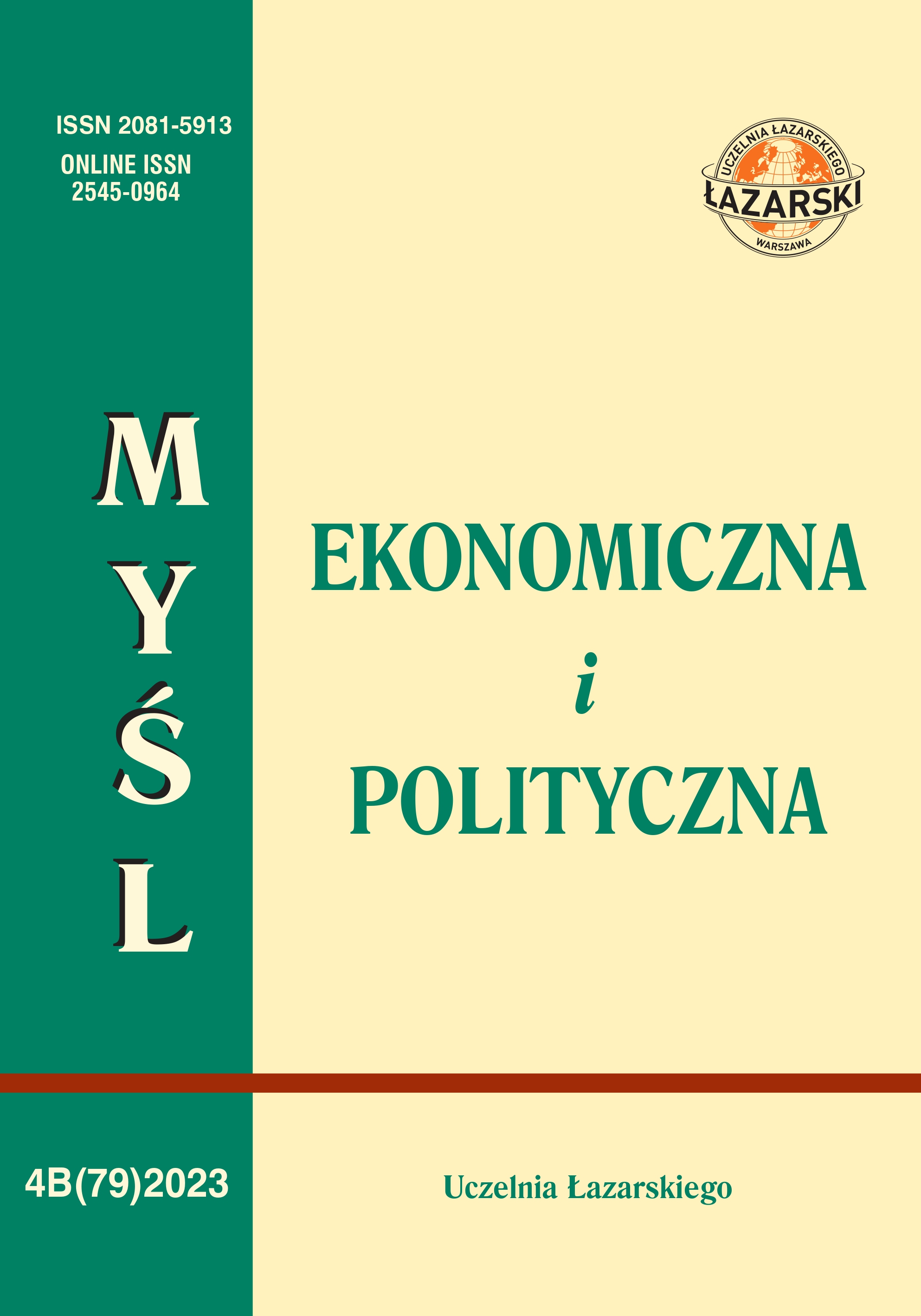Abstract
The paper presents the origin and essence of the in dubio pro tributario principle, regulated in Article 2a of the Tax Ordinance Act and implemented in the Polish legal system since January 1, 2016. This principle was intended to enhance the protection of taxpayers in cases of interpretative doubts concerning tax law provisions. The analysis highlights the limitations introduced by the formalization of the principle, restricting its application to legal doubts while excluding factual uncertainties. The study examines the practical application of the principle by tax administration authorities and its interpretation in administrative court rulings. It demonstrates that the principle is rarely applied, and its potential protective function remains largely unfulfilled.
